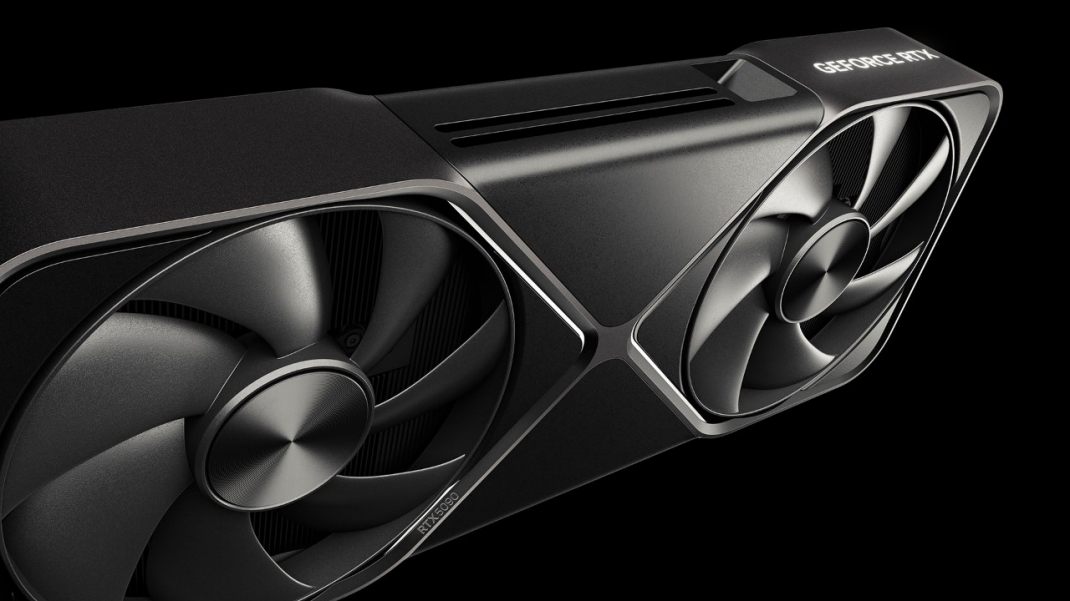AMD’s alternative to Nvidia DLSS Frame Generation has been officially released. As announced previously, the new upscaling technology is currently available for only one game and is supported by Forspoken.
AMD FSR 3 technology utilizes temporal upscaling with the incorporation of motion fluid frames. The technology is similar to that of Nvidia but does not rely on dedicated AI hardware.
Why it matters: Unlike Nvidia DLSS 3, AMD’s Frame Generation is open source, allowing users of non-AMD hardware to try the technology alongside AMD users.
According to the patch notes, the new upscaling technology is supported on AMD, Nvidia, and Intel. However, it is only compatible with Nvidia RTX 20 series, Radeon RX 5000 series, and Intel Arc A7 graphics cards at minimum.
Since this is the minimum required hardware to use AMD Fluid Frames technology, users who do not own the above-mentioned graphics card series can make use of FSR 3 upscaling technology without Frame Generation.
AMD will also further extend the support of FSR 3 to other games in the future. The list of supported games includes Immortals of Aveum, Black Myth: Wukong, Cyberpunk 2077, and more.
While the initial impressions appear promising, Forspoken has shown a few technical issues with FSR 3. The issue is limited to monitors with high refresh rates of 240Hz and above. According to reports, users with such monitors are suffering from low frame rates and are advised to use this technology without V-Sync.
Initial results appear to be quite excellent, with a user getting double the frame rate with FSR 3 Frame Generation. However, in-depth testing is needed to learn how well AMD’s Frame Generation stacks up against Nvidia’s offering.
Featured Image Credit: 54 FPS
Thank you! Please share your positive feedback. 🔋
How could we improve this post? Please Help us. 😔
[News Reporter]
Malik Usman is student of Computer Science focused on using his knowledge to produce detailed and informative articles covering the latest findings from the tech industry. His expertise allows him to cover subjects like processors, graphics cards, and more. In addition to the latest hardware, Malik can be found writing about the gaming industry from time to time. He is fond of games like God of War, and his work has been mentioned on websites like Whatculture, VG247, IGN, and Eurogamer.




